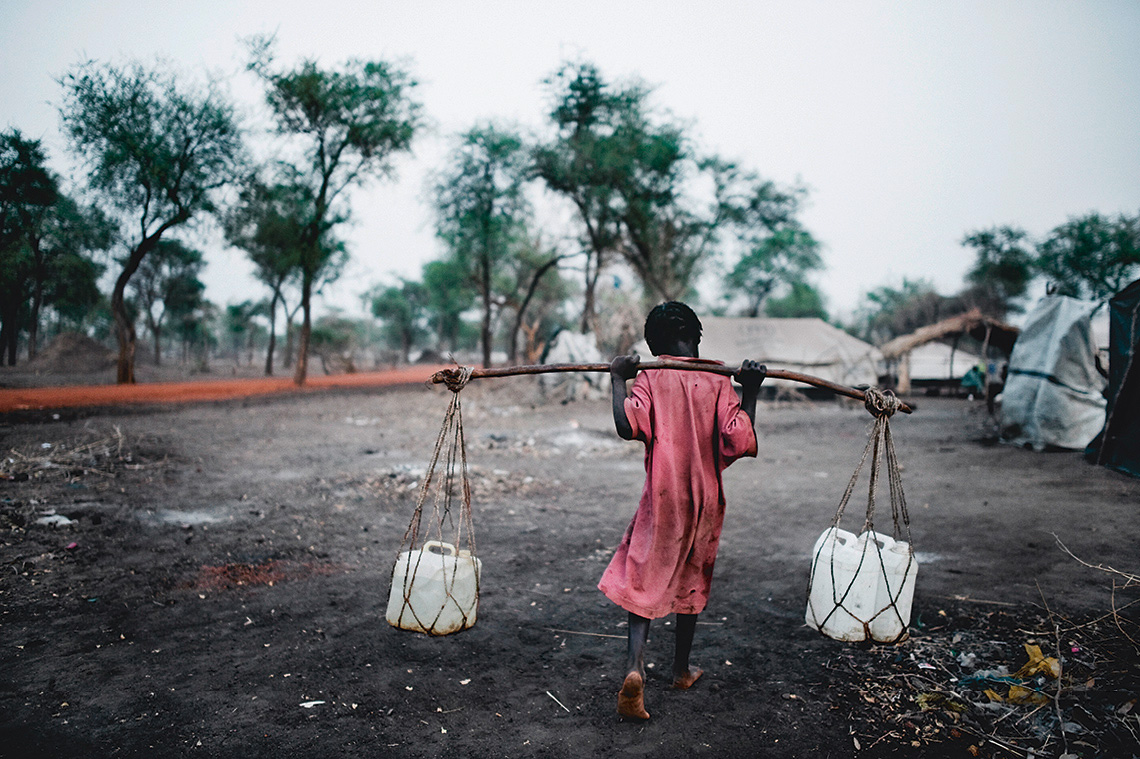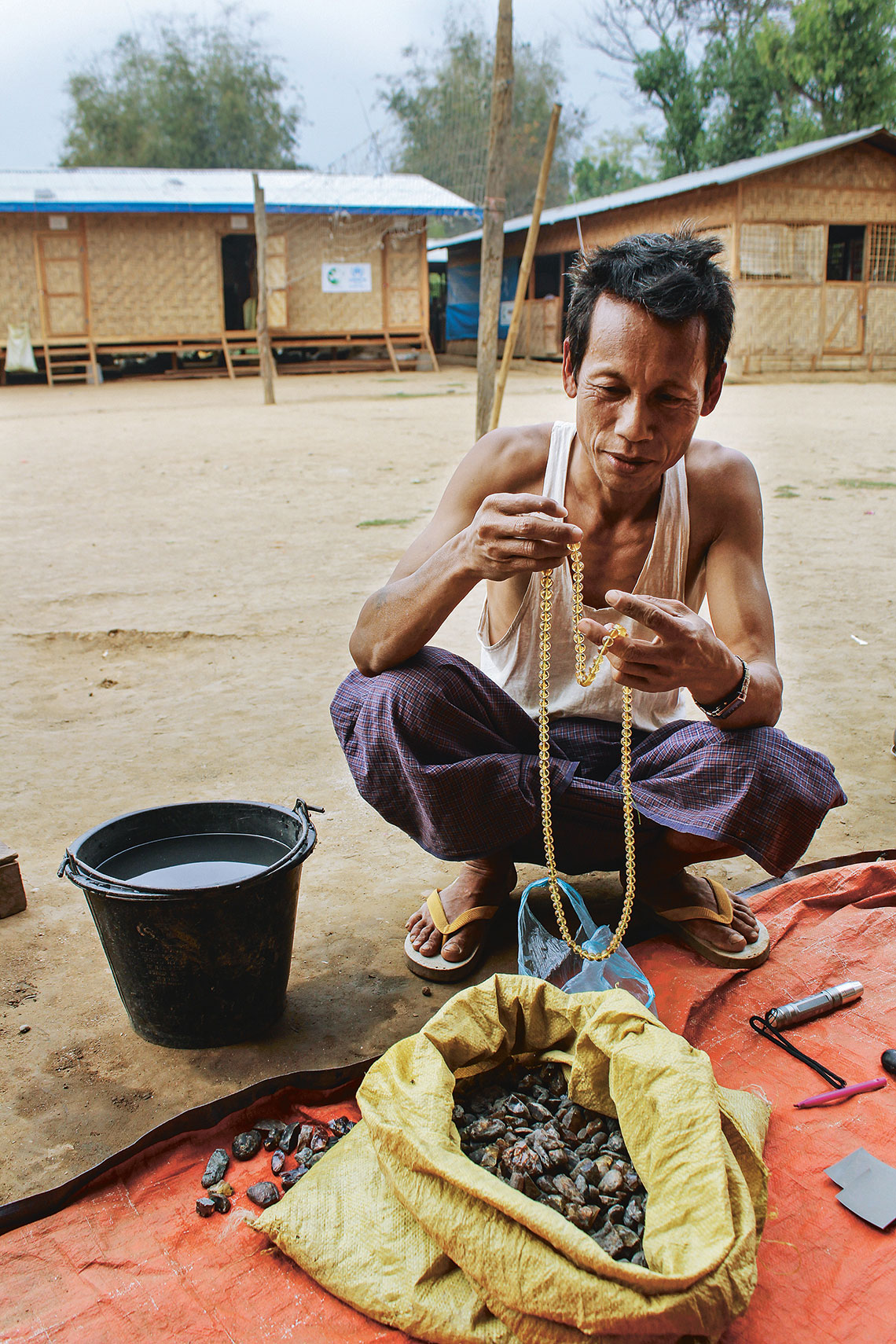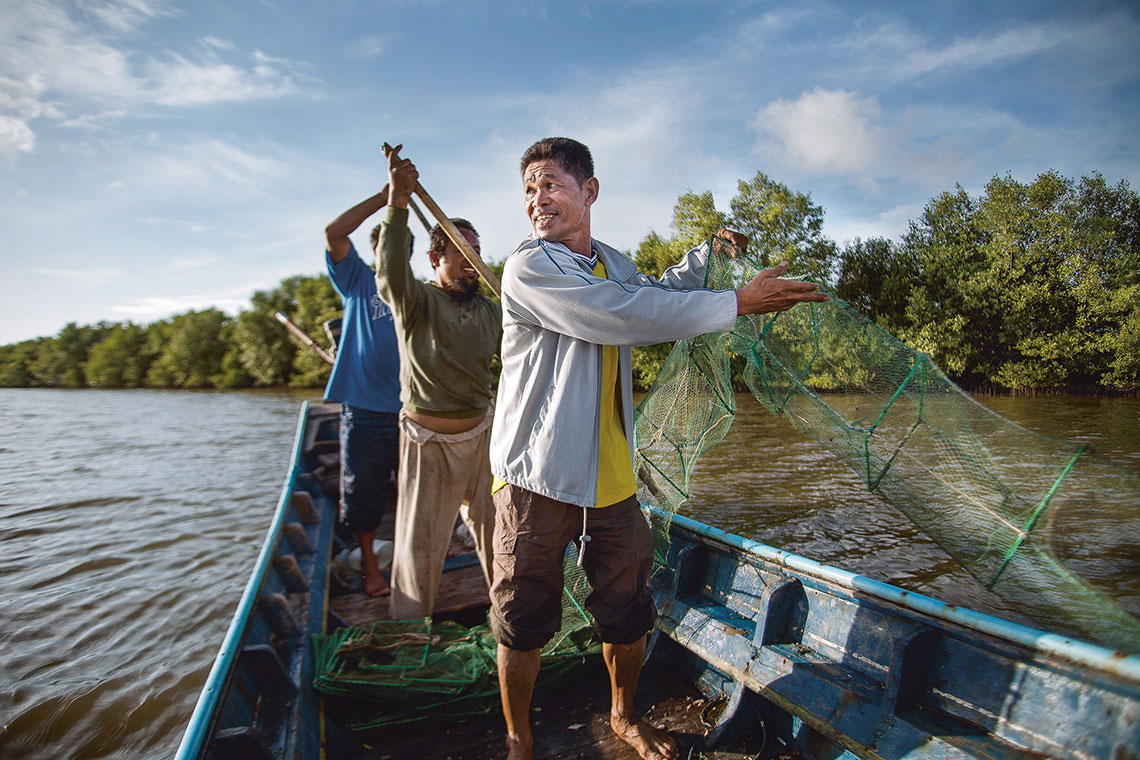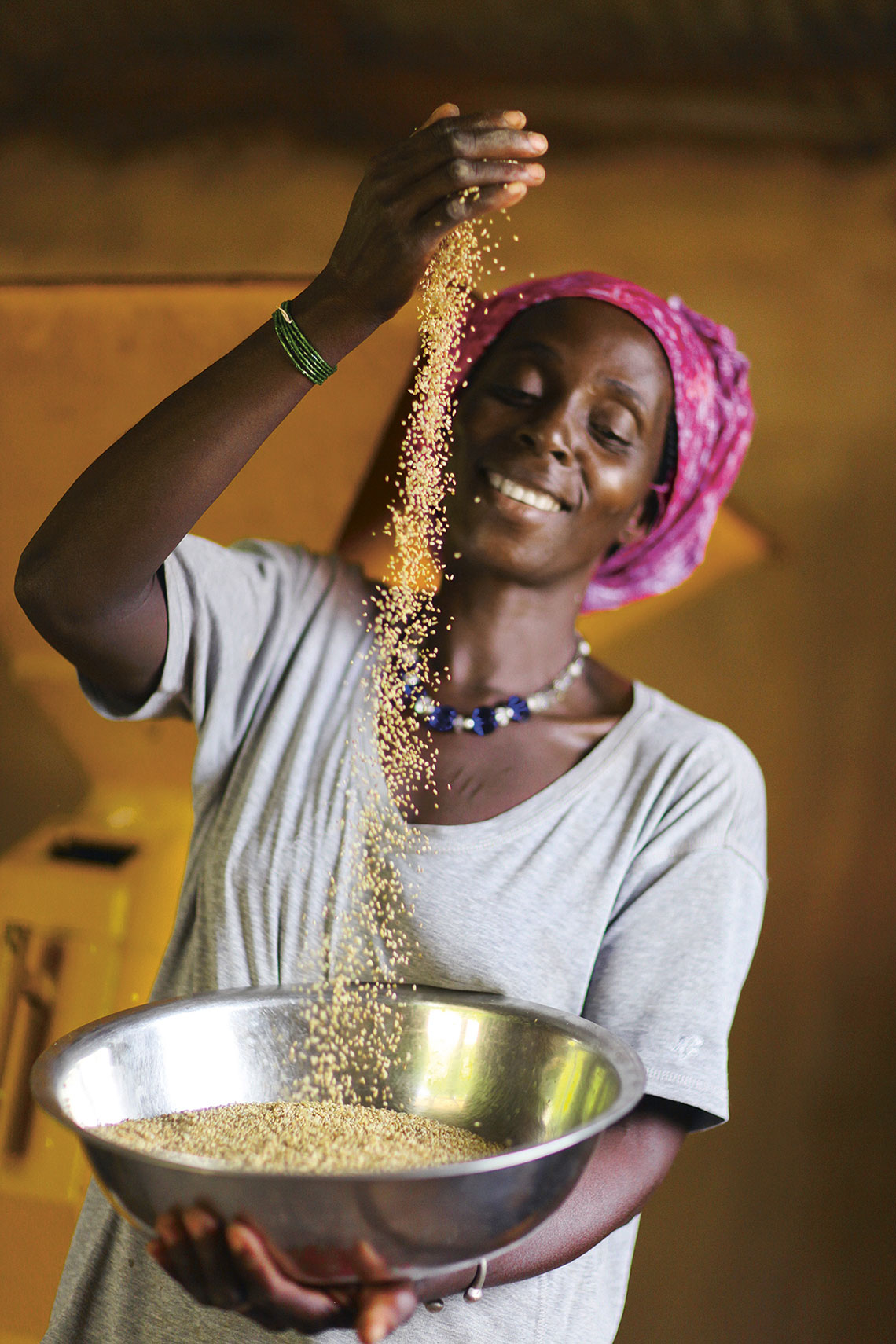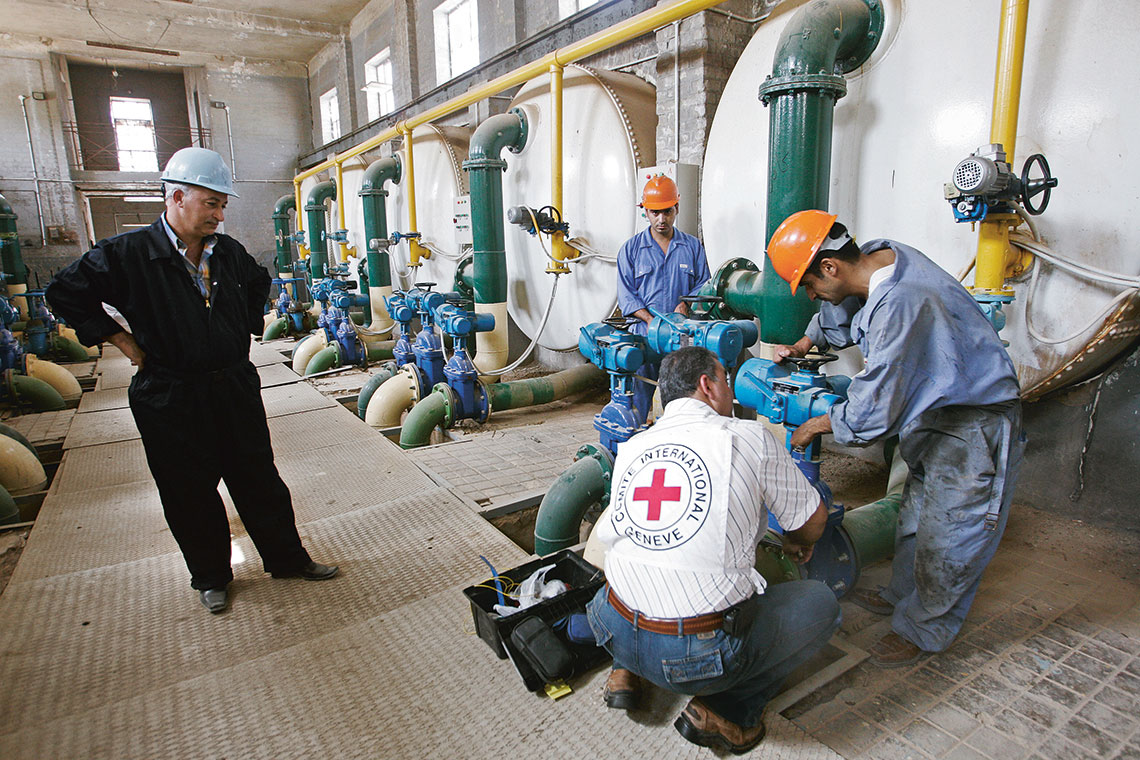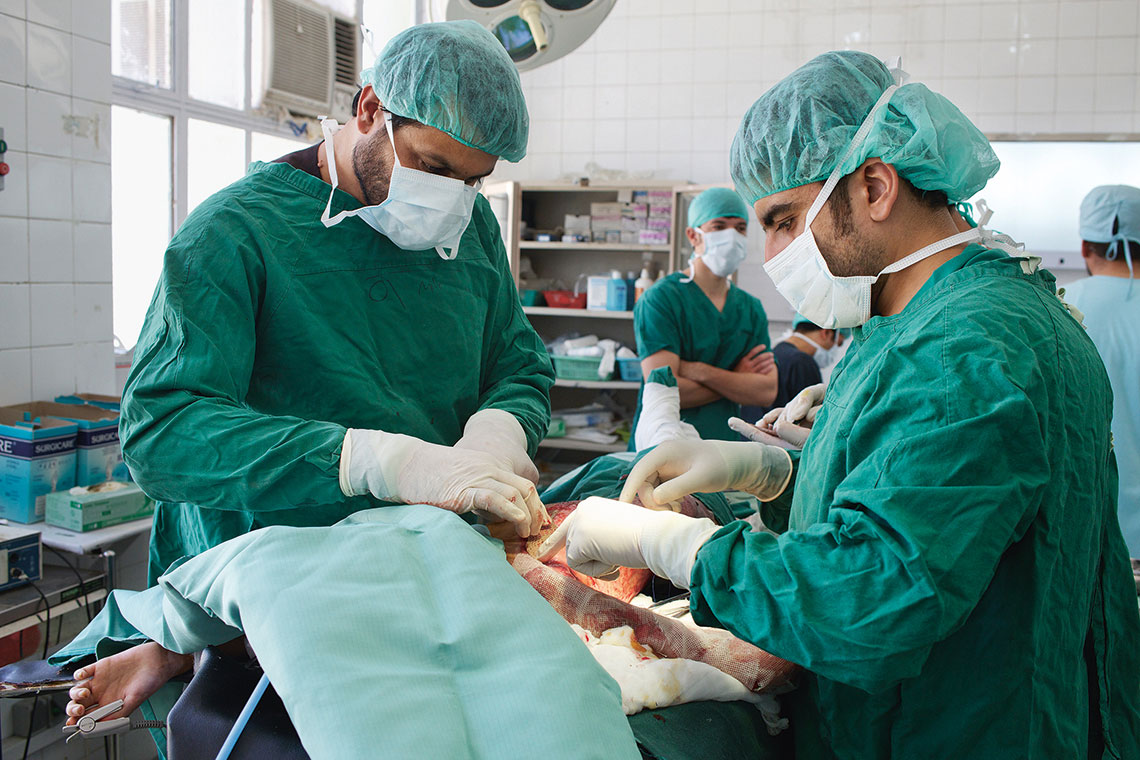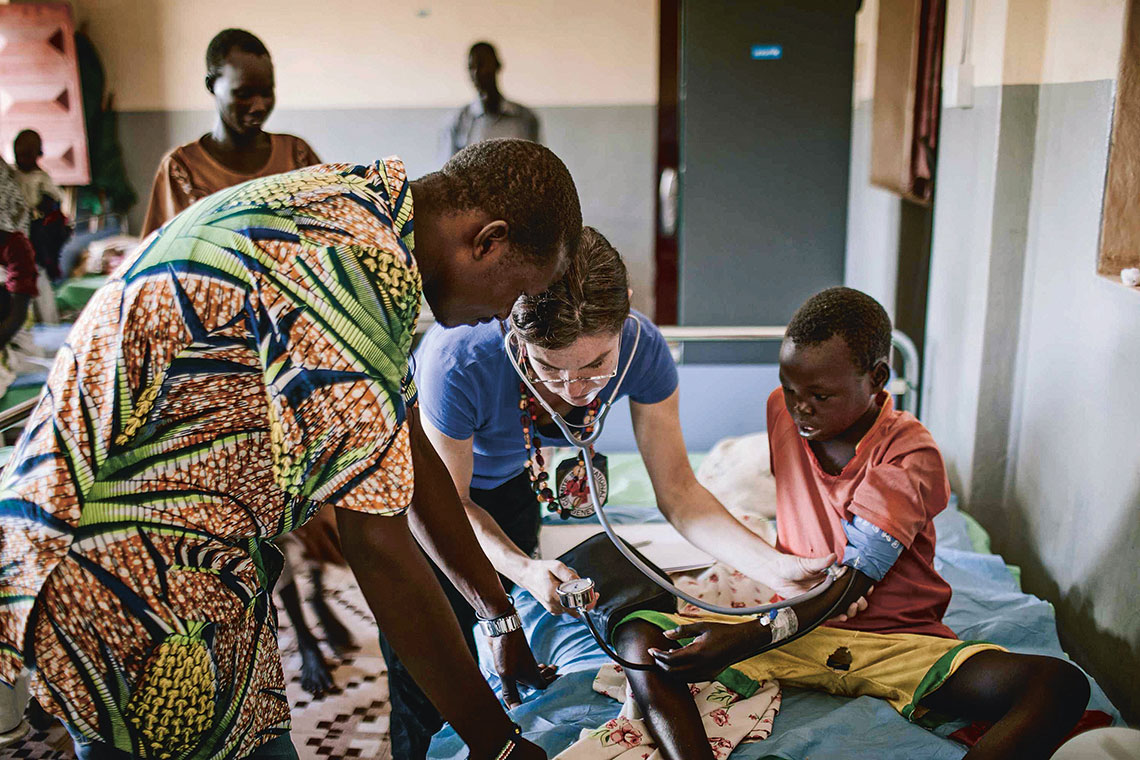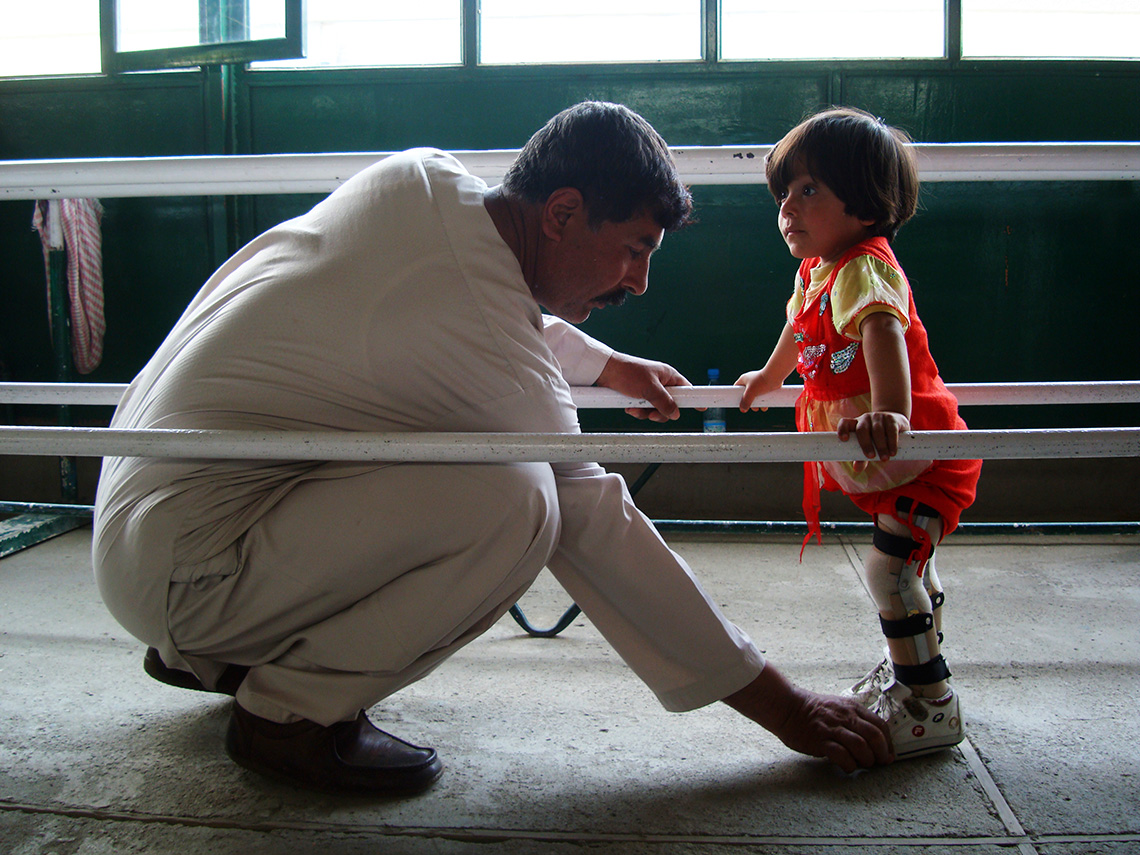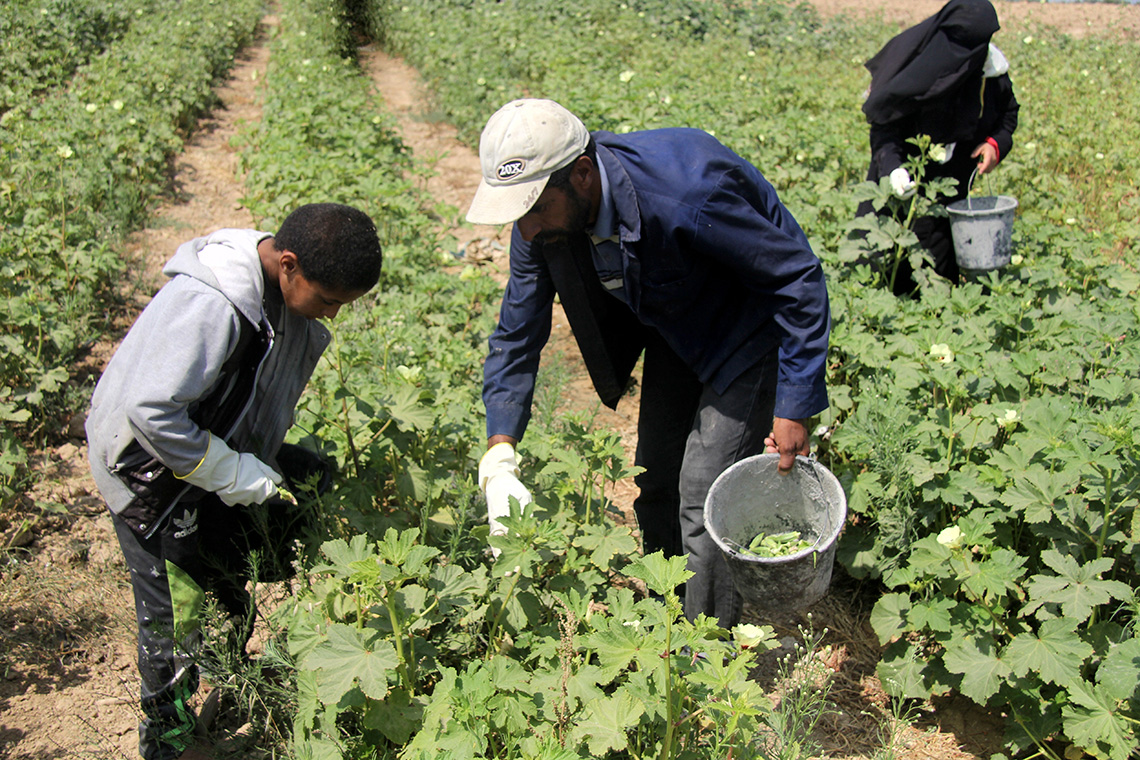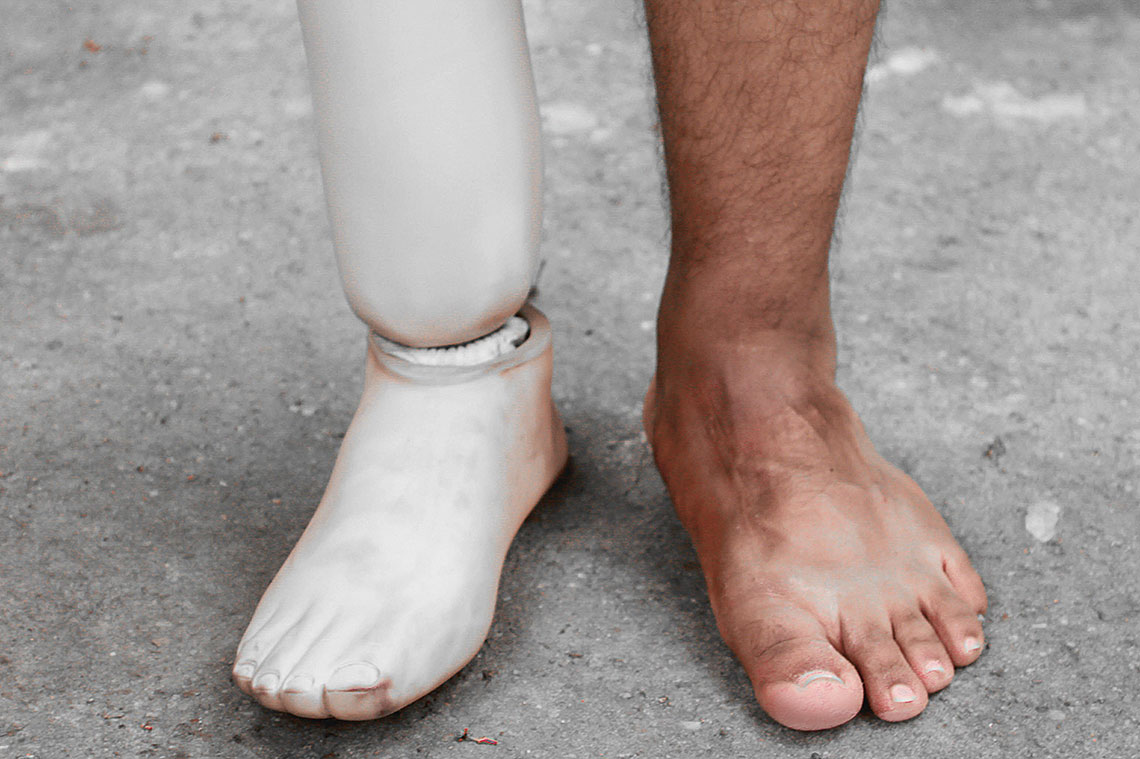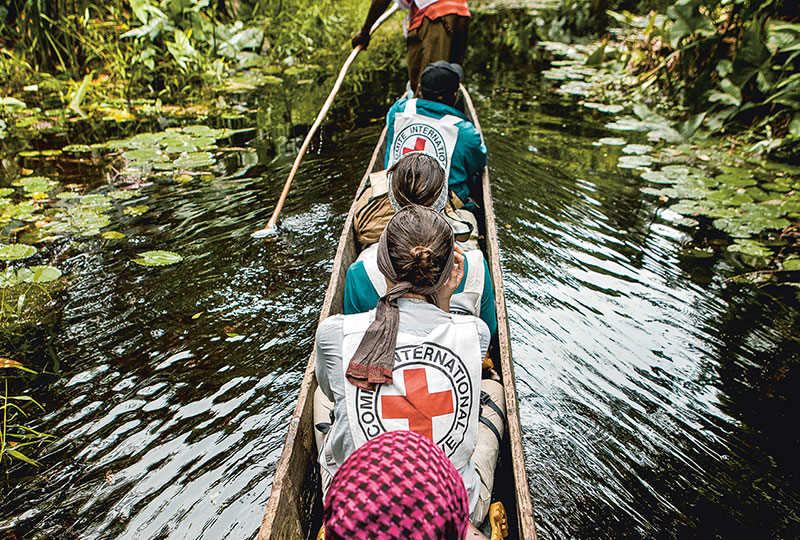Story of discovery
Holmes gets back on his feet
In October 2010, Holmes Fabian Ordonez was on his way to a course in environmental management not far from his home in Caquetá department in southern Colombia when he stepped on a mine and lost a foot. This could have shattered his dreams. But Holmes went on to study at university thanks to his own perseverance and to support from the ICRC, the Colombian Red Cross and other local organizations.
When a conflict ends or moves from one area to another, explosive devices – mines, unexploded bombs, shells and cluster-munition bomblets – continue to kill and maim. Those who survive can lose their livelihood and their ability to perform even basic tasks. They often lose hope. And with wars increasingly being fought in densely populated cities, contamination by explosive devices is a growing concern.
“There is the explosion itself, which wounds and mutilates, and there are the lesser-known consequences – the psychological ones,” says Luis Arturo Rojas, a surgeon in Caquetá who was trained by the ICRC to help survivors of such explosions. “When you lose a limb, the biggest loss can be the desire to go on living.”
The ICRC’s response draws on expertise gained in numerous disciplines – including mine clearance and ordnance disposal, health care, physical rehabilitation, psychosocial support and international humanitarian law – to help individuals and entire communities cope with the effects and prevent future injuries.
“The ICRC has been everything to me,” says Holmes. “They were the first to approach me after the accident. Thanks to their support I’ve learned to walk again. Having lived through this, I believe that there are no limits in life.”
